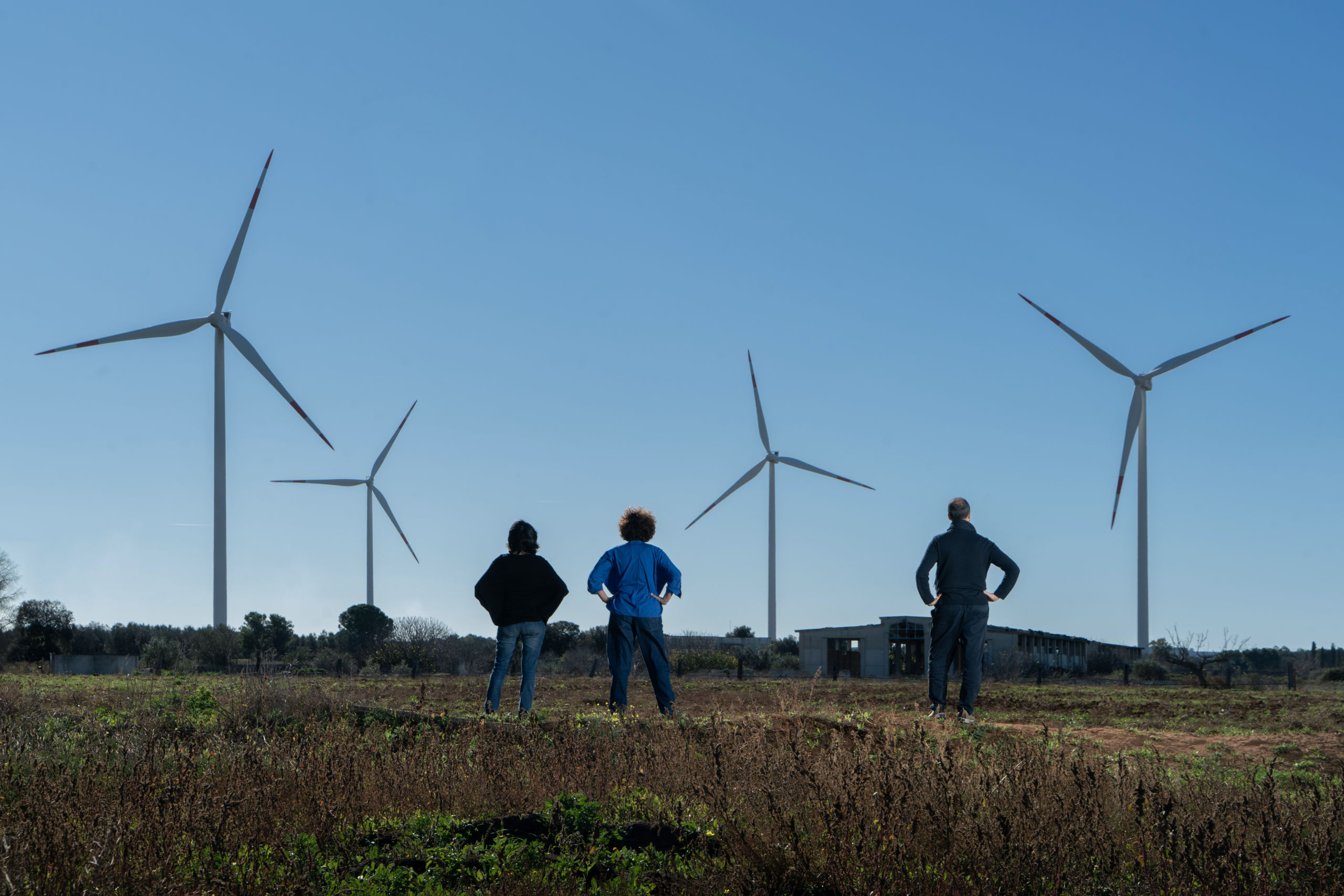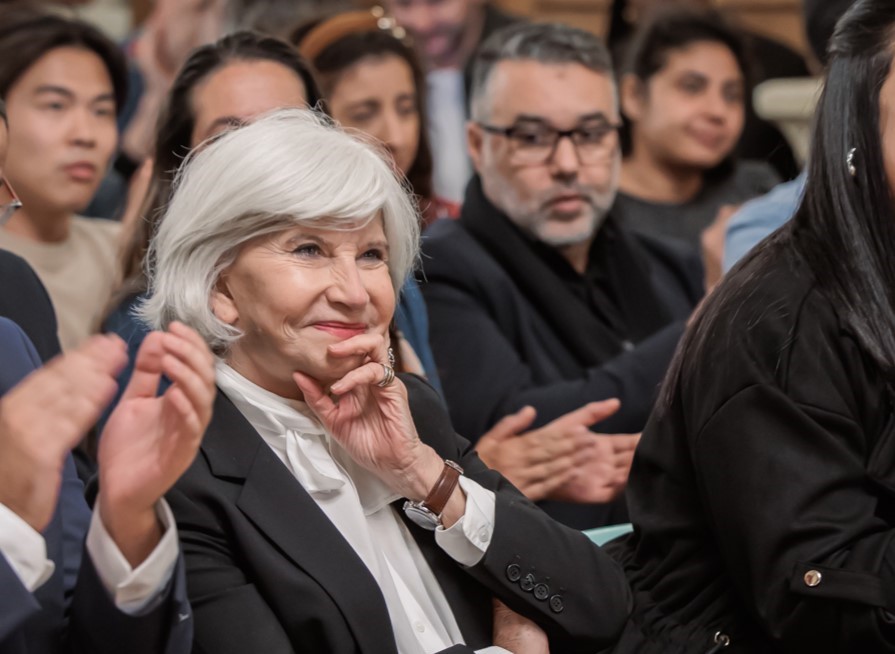Cornelia Quennet-Thielen spent her career in the public sector, holding several leadership positions at the federal level.
From 2008 to 2018 she served the Merkel governments as State Secretary in the Federal Ministry for Education and Research, responsible for around 1200 employees and an annual budget of around 18 billion Euro. She was a key leader in implementing the government’s policy to transform the German science and research system into a flexible, innovative and efficient player, highly competitive also at the international level. From 2004 to 2008 Quennet-Thielen served as Deputy Chief of Staff at the Office of the Federal President of Germany, acting as his senior advisor on domestic policy and constitutional law.
For nearly two decades Cornelia Quennet-Thielen was deeply invested in environmental and sustainability policy. At the Federal Ministry for the Environment, Nature Conservation and Nuclear Safety she served from 1999 to 2004 as Deputy Director General with primary responsibility for strategic planning including the development of the first national sustainability strategy. As head of the German negotiating team for climate change from 1990 to 1999 she helped shape the UN Framework Convention on Climate Change and the Kyoto Protocol and was a member of the IPCC Bureau. She was the responsible German negotiator for the Rio Earth Summit in 1992 and helped structure and oversee its follow up. Quennet-Thielen served and serves on numerous boards in science and research, educational, environmental and cultural institutions, including Max Planck Society, Alexander von Humboldt Foundation, Helmholtz Society, German Council of Science and Humanities, German-Polish Research Foundation, Roland Berger Foundation, Deutsche Bundesstiftung Umwelt, Michael Otto Environmental Foundation, the European Climate Foundation.
A fellow of the German Academic Scholarship Foundation, she received her final law degree in 1984, started her career as a judge and became a World Fellow of Yale University in 2003.



